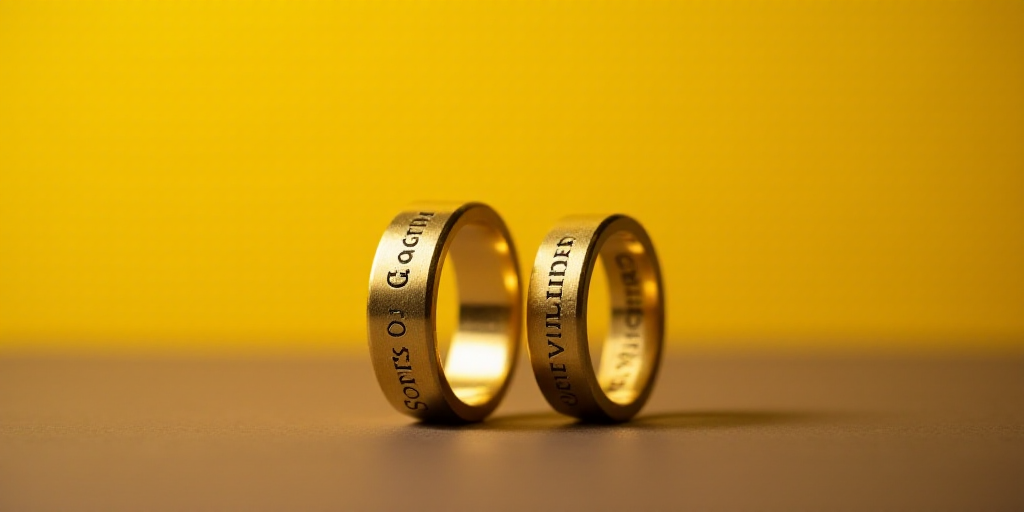Emotional Luxury: A Shift in Perspective
According to Fátima González Ávila, a communication scholar at the Universidad Anáhuac México, luxury is now experienced through emotion and experience. It appeals to the enjoyment of life and sensory marketing, as she explained in an interview with El Economista.
Key Trends Shaping Luxury by 2026
Looking ahead to 2026, the main trends indicate a profound transformation:
- Total Personalization: Custom-designed products, from unique garments to tailor-made experiences, reflect the consumer’s identity and style.
- Sustainable Luxury with Purpose: The use of recycled fabrics, sustainable packaging, and the popularity of pre-loved luxury items reinforce circular economy principles.
- Silent Luxury: A focus on understated elegance and conscious consumption.
- Immersive Technology: AI-driven predictive personalization and real-time attention, along with augmented reality and the metaverse, create immersive experiences.
Evolving Consumer Profile
The consumer profile has also changed. While luxury remains multigenerational, millennials and centennials now lead the market, seeking authenticity, purpose, and shared values, according to González.
- 55% of these consumers are willing to pay more for brands that align with their worldview, as per the Deloitte Global Fashion & Luxury Report.
- Technology redefines the sector, with AI enabling predictive personalization and real-time assistance. Augmented reality and the metaverse create immersive experiences, such as trying on perfumes or sneakers via apps, attending exclusive launches, or visualizing products in one’s environment.
Commitment to Sustainability
The commitment to sustainability is growing stronger. According to Deloitte, 70% of luxury companies now integrate ASG (Environmental, Social, and Governance) practices.
- Brands like Gucci and Burberry promote recycling initiatives using innovative materials, such as Beste.it’s textiles.
- Mexican brand Desserto has developed a notable vegan leather alternative from nopal.
Transformative Travel and Lifestyle Experiences
In the realm of travel and lifestyle, sustainable destinations, wellness, and transformative experiences dominate.
- Brands like Aman Resorts, Bulgari Hotels, and Rosewood set the standard with privacy-focused, holistic wellness, and personalized hospitality offerings.
Key Questions and Answers
- What is the new definition of luxury? Luxury is now defined by emotional connection and personalized experiences rather than price.
- Who are the leading consumers of luxury? Millennials and centennials, who prioritize authenticity, purpose, and shared values.
- How is technology impacting the luxury sector? AI enables predictive personalization and real-time assistance, while augmented reality and the metaverse create immersive experiences.
- What role does sustainability play in luxury? An increasing number of luxury companies integrate ASG practices, with brands promoting recycling initiatives and innovative sustainable materials.






